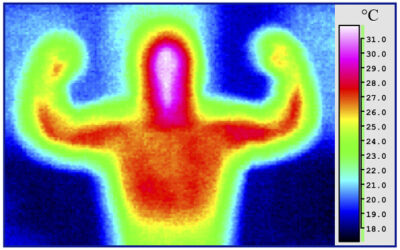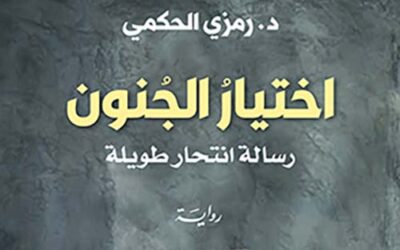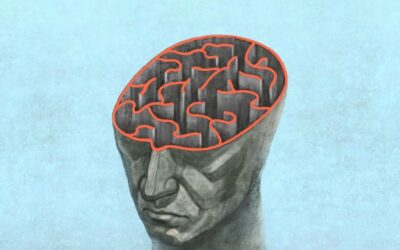How Can Eye Movements Help Change Our Feelings Toward Memories?
Humans are not like a computer, as they do not only store information but emotions as well. The same is true when we pay attention to our surroundings; gaze is directed quickly based on our emotional responses. Scientists call this emotional context. For example, when...
Understanding lipids testing and clarifying its components: Cholesterol, Triglycerides, LDL, HDL, VLDL
What do the different numbers we see in a cholesterol test result mean? What do low-density lipoproteins (LDL) represent, for example, and why should their results be low compared to the other high-density ones? Where is the cholesterol and what is it? How do the fats...
What is the Best Temperature for Humans to Live?
Scientific studies indicate that the temperature at which humans feel comfortable does not exceed 31°C. Despite variations based on numerous criteria, most perspectives based on the concept of thermal comfort are usually lower than 31°C. In the past, 35°C was...
When DNA Resolves What Testimony Cannot: How Genes Intersect with Justice in the Courtroom
Noor Jawad Al-Dulaimi (Iraqi lawyer) In 2024, an adult man stood before the Personal Status Court in one of the districts of Diyala Governorate, Iraq, holding an unfamiliar lawsuit—unusual in both its timing and its subject matter. He was requesting the court to prove...
Proving the Effectiveness of Psychotherapy Through Brain Imaging
Is there a biological evidence on the efficacy of psychotherapy? Can we prove prove any changes by brain imaging studies that demonstrate the effects of talk therapy? Researchers from Emory University[1] identified specific brain activity patterns that could indicate...
The impact of skipping rope on mood
Jumping rope has several characteristics compared to other types of aerobic and cardio exercises. Whether it's long rope (with others) or individual. One of its features is that it can be practiced in a small space, making it suitable for dry, hot areas where people...
To Choose Madness: The First Arab Psychological Epic
From the dark depths of childhood and upbringing in the Arab world, To Choose Madness traces the unfortunate path of a “sane” person through that turmoil. Parental violence — where a belt or a whip may do more damage than the secret prisons of authoritarian Arab...
Angiogenesis and the Loss of Stubborn Belly Fat
Angiogenesis is the process by which new blood vessels form from pre-existing ones. When considering the expansion of certain tissues, such as adipose tissue or muscles, it is essential to think about how these tissues are supplied with oxygen, nutrients, and how...
Depression: A Disorder of the Brain or the Body?
Is depression a problem affecting the brain as an organ, a disorder of thoughts and how we use the mind, or could it stem from a broader issue in the body? From a lecture by Daniel Nettle at the Evolutionary Psychiatry Group of the Royal College of Psychiatrists,...
The Scientific Study of the Unconscious Mind: A Review of Timothy Wilson’s Strangers to Ourselves
Our senses detect more than 11 million units of information every second, with the eye alone capturing 10 million signals per second if we consider it as a flow of data forming continuous video clip. How much of that information do you remember? How much of it is...











